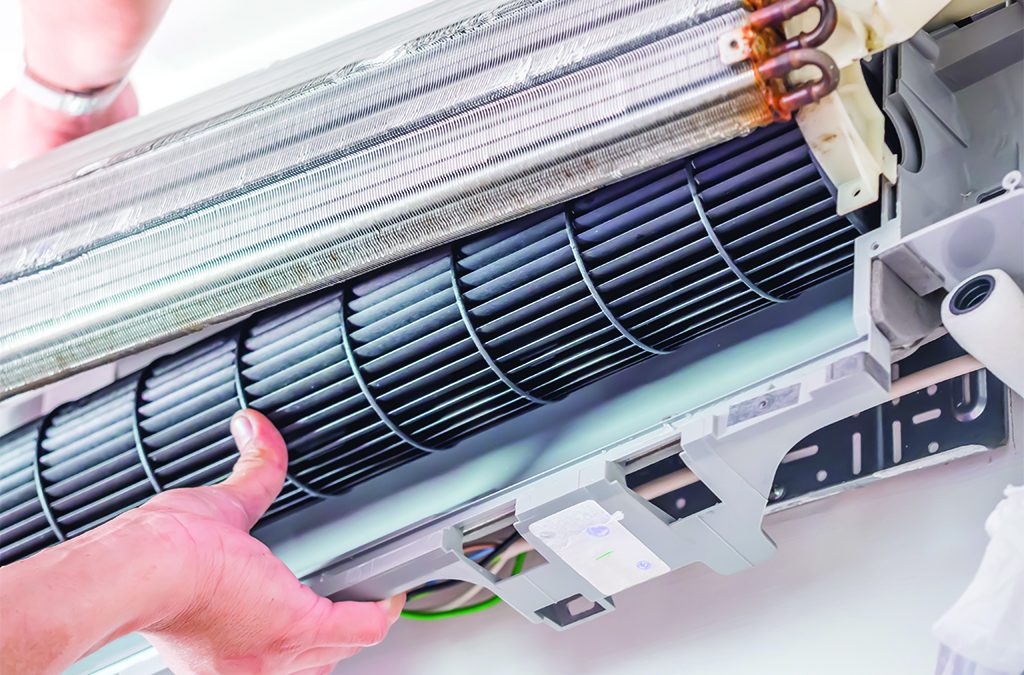Aircon Maintenance Tips for Homes with Allergies
Aircon Repair: Musty or stale odors lingering in your home can indicate poor air quality. These odors may be a result of mold, mildew, or other pollutants circulating in the air. If you notice persistent smells that seem unpleasant or unfamiliar, it could be a sign that your indoor air quality needs attention.
Excessive dust accumulation on surfaces throughout your home can also be a red flag for poor air quality. When dust particles are prominent and seem to reappear quickly after cleaning, it may indicate that your indoor air is not as clean as it should be. Regularly dusting and vacuuming can help manage this issue, but addressing the root cause of the excessive dust is crucial for improving your home’s air quality.
Common Allergens Found in HVAC Systems
Allergens can easily find their way into HVAC systems, posing a risk to the indoor air quality of your home. Dust mites are a common culprit, thriving in warm and humid environments like air ducts and filters. These minuscule creatures can trigger allergies and asthma symptoms in sensitive individuals.
Mold spores are another prevalent allergen found in HVAC systems, often growing in areas with moisture buildup. When these spores are circulated through the air ducts, they can lead to respiratory issues and exacerbate existing allergies. Regular cleaning and maintenance of HVAC systems are essential to keep these allergens at bay and ensure a healthier indoor environment.
• Dust mites thrive in warm and humid environments like air ducts
• Dust mites can trigger allergies and asthma symptoms
• Mold spores are another common allergen found in HVAC systems
• Mold spores grow in areas with moisture buildup
• Mold spores circulated through air ducts can lead to respiratory issues
Importance of Regular Aircon Maintenance for Allergy Sufferers
Regular air conditioning maintenance is crucial for individuals suffering from allergies. A well-maintained aircon system helps reduce the presence of allergens circulating in your home, providing much-needed relief for those sensitive to particulate matter and other triggers. Dust, mold, pollen, and pet dander can build up in your HVAC system over time if not properly cleaned and maintained, exacerbating allergy symptoms and reducing indoor air quality.
By scheduling routine maintenance for your air conditioning system, you can ensure that filters are clean and functioning efficiently, preventing allergens from being recirculated throughout your home. Additionally, a well-maintained aircon system can help regulate humidity levels, which can further improve indoor air quality and reduce mold growth—a common trigger for allergy sufferers. Taking proactive steps to maintain your air conditioner not only benefits your system’s longevity but also promotes a healthier indoor environment for those with allergies.
How can I tell if the air quality in my home is poor?
Signs of poor air quality in your home can include frequent allergy symptoms, musty odors, visible dust accumulation, and difficulty breathing.
What are some common allergens found in HVAC systems?
Common allergens found in HVAC systems include dust mites, mold, pollen, pet dander, and bacteria.
How often should I schedule aircon maintenance for allergy sufferers?
It is recommended to schedule aircon maintenance at least twice a year to ensure optimal air quality for allergy sufferers.
Can regular aircon maintenance help reduce allergy symptoms?
Yes, regular aircon maintenance can help reduce allergy symptoms by ensuring that the air is clean and free of allergens that can trigger reactions.
What are some DIY steps I can take to improve air quality in my home?
Some DIY steps to improve air quality in your home include regularly changing air filters, keeping the home clean and dust-free, and maintaining proper humidity levels.







